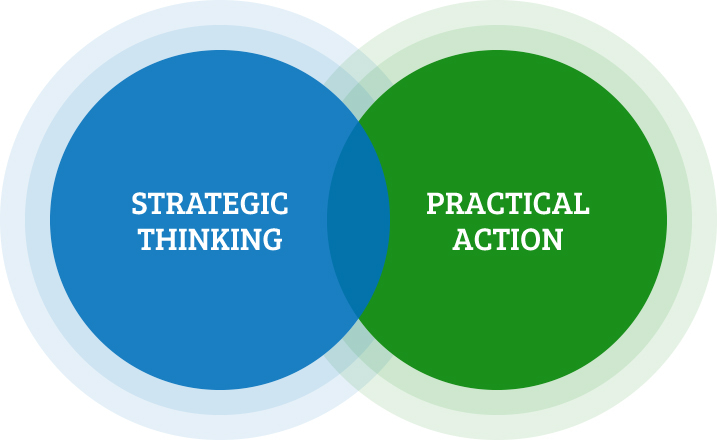Market development
We help emerging and expanding companies penetrate new markets and position their products for successful sale
We have expertise in multiple commodity sectors, including livestock (meat, dairy and fibre), horticulture, forestry, aquaculture and apiculture.
We draw on our knowledge of global trade and extensive international networks to get our clients the best possible results.
We’ve helped introduce egg-based mayonnaise products from Australia into New Zealand, beef products from New Zealand into Thailand and Korea and eggs and meat products from New Zealand into Singapore.
We also use market-driven approaches when delivering successful international development interventions worldwide.
Our services include:
♦ Market research and scoping
♦ Negotiations with government agencies to facilitate market access across borders
♦ Advising on standards and/or customer requirements for target markets
♦ Facilitating changes to product packaging and branding, where required
♦ Organising logistics
♦ Identifying distributor partners
♦ Assisting with supply chain partner negotiations
♦ Developing service level agreements
♦ Assisting with cross-cultural communications
Our experience includes:
♦ Working with ‘anchor firms’ in five key livestock product value chains in Afghanistan (dairy, poultry, red meat, fibre and bee products) to build their capacity and assist them to expand their businesses, as part of the ongoing Afghanistan Value Chains – Livestock (AVC-L) programme.
♦ Encouraging a sustainable local, purified wheat seed industry to develop in Bamyan Province, Afghanistan, as part of the Afghanistan Agricultural Support Programme (ASP, 2011-2017), which allowed growers to receive a 25 per cent premium over standard wheat prices for their seed – an adequate incentive for them to remain in the seed production business, whilst still providing a good value proposition to wheat farmers. By the time ASP ended, average wheat yields in Bamyan had increased by 171 per cent, to a very satisfactory 4.1 tonnes per hectare. At the inception of the programme in 2011, yields were around 1.5 tonnes, which was uncommercial and also contributing to serious food insecurity.
♦ To improve the market for potatoes in Bamyan Province, Afghanistan, as part of the ASP, we managed the design, procurement and supervision of the construction of a 600-metric tonne capacity bioclimatic storage warehouse and potato packhouse. The packhouse is now run entirely by a farmer-owned potato grading and marketing cooperative (the first of its kind in Afghanistan) with ‘Bamyan Gold’ potatoes enjoying success in the market.
♦ Also as part of the ASP, we established a female-led beekeeping cooperative in Bamyan Province, which is now known as the Katakhana Beekeeping Cooperative (KBC) and sells honey in the local market.
♦ Development of a market development strategy on behalf of the New Zealand Aid Programme, to identify pathways for the commercialisation of the smallholder dairy industry in Ethiopia, where only 3% of milk produced currently enters the formal milk supply chain.
♦ Implementing a five-year dairy development programme for the Zambian Government, which is funded by the New Zealand Aid Programme, and aims to support smallholder dairy farmers to improve their productivity, milk quality and value chain linkages to urban markets, driving the further commercialisation of a smallholder-based Zambian dairy sector.
♦ We were commissioned by the Napier City Council in New Zealand to conduct a scoping study on the development of wool-related businesses in and around Napier. This included a review of world fibre production and usage trends, the competitive position of New Zealand wool fibres in world markets and Napier’s competitive position as a major wool selling centre. We assessed the competitive position of wool-related cluster businesses in the region and investigated new opportunities.
♦ We provided a client with a detailed perspective on New Zealand’s ability to supply dairy markets in Asia, including market demand, exporting and distribution mechanisms, company processing, production responses and market implications. Our research included Asian food consumption habits and projections, the function and export strategy of the New Zealand Dairy Board, competition from other dairy exporters and access barriers.



